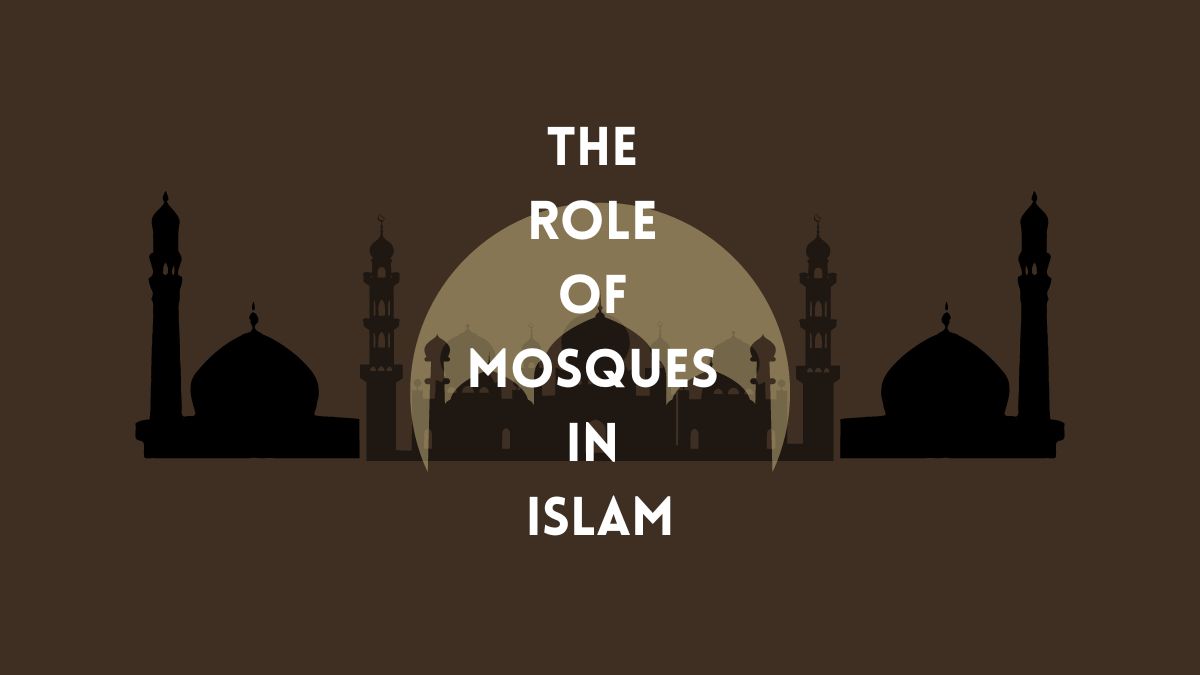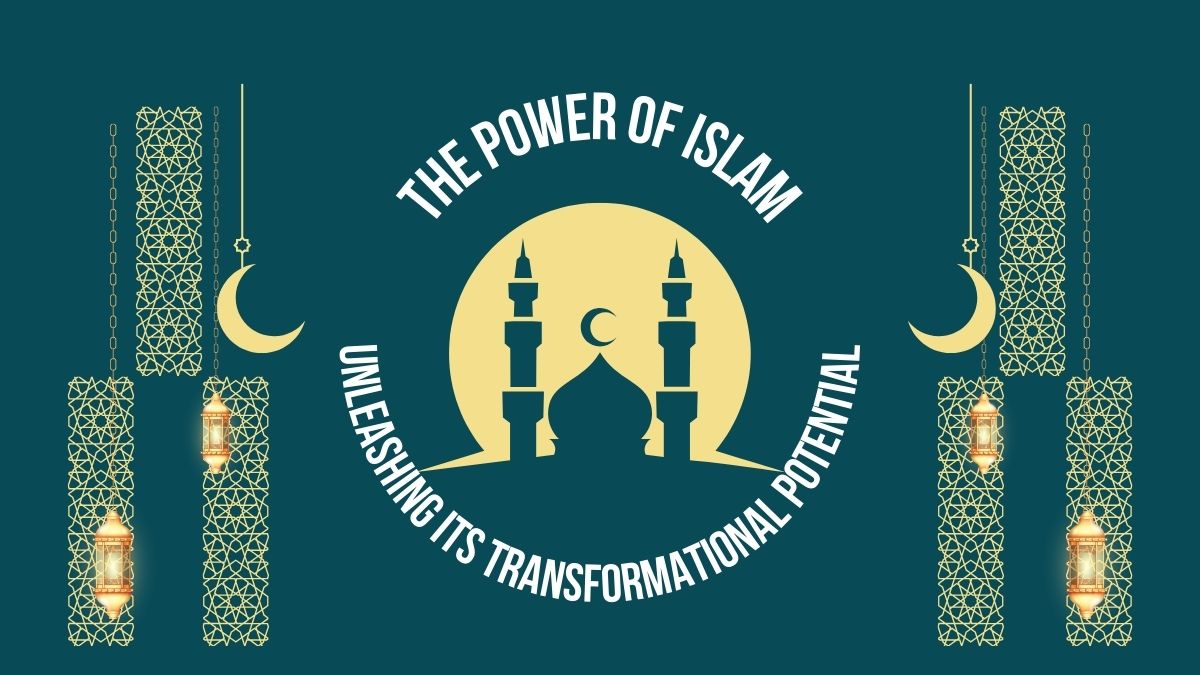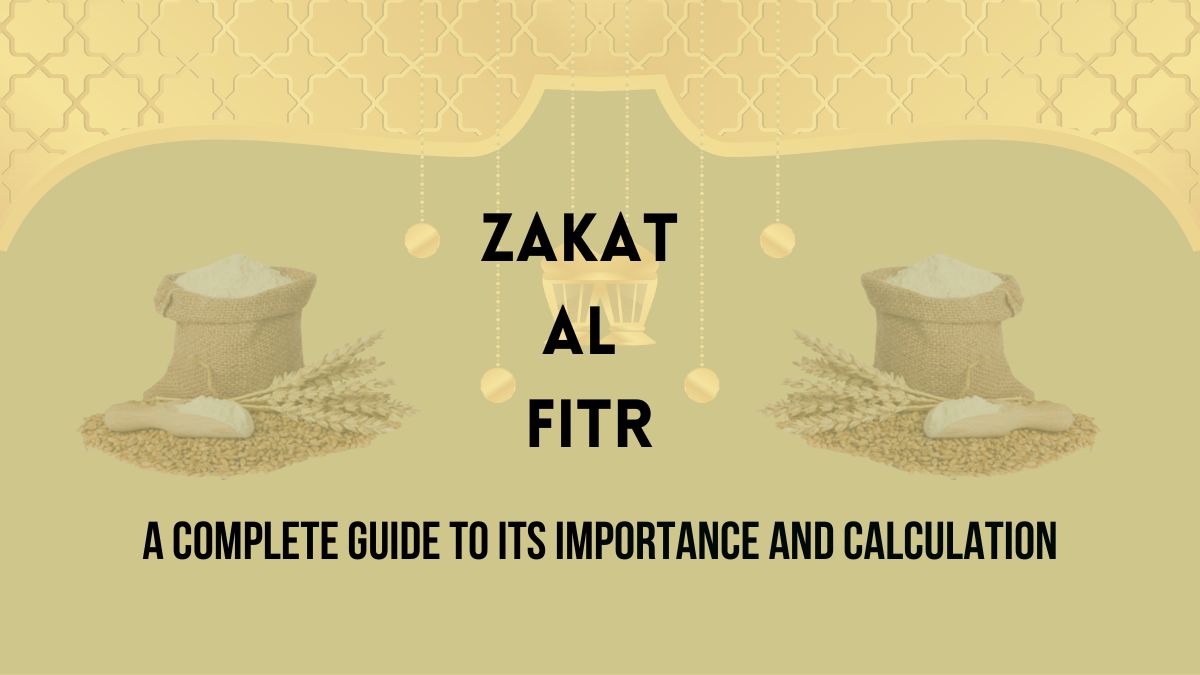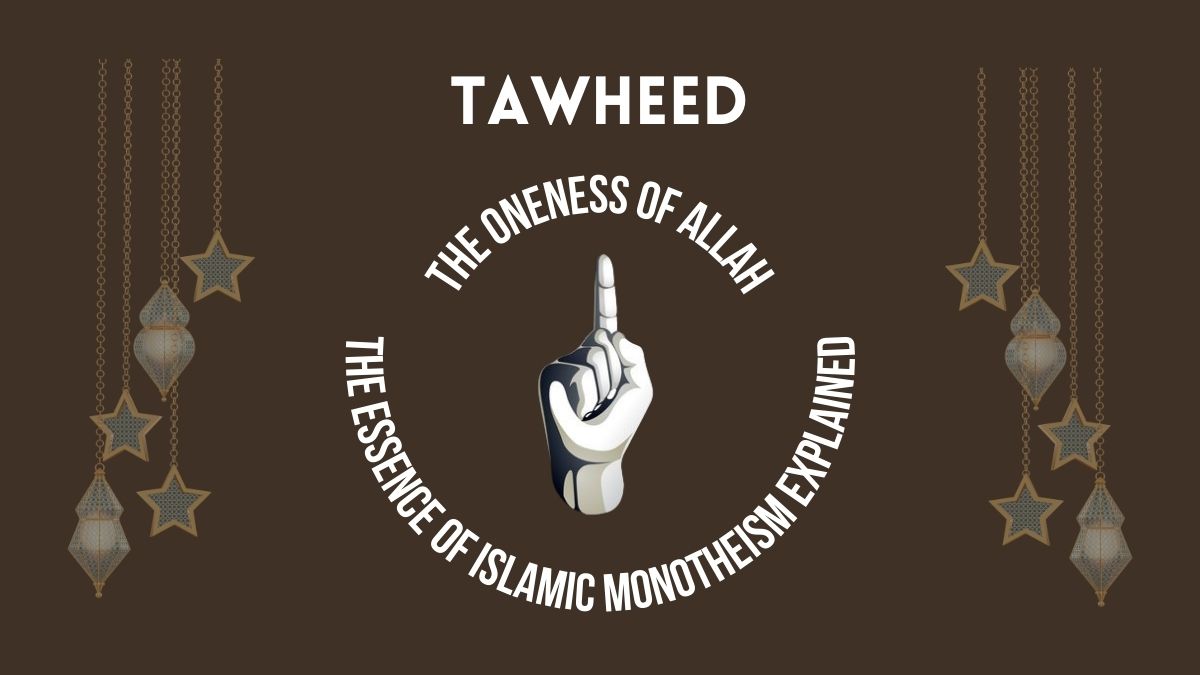Mosques serve as places of worship and community centers in Islam. They play a central role in Muslim spiritual and social life.
Mosques, known as Masjids in Arabic, are pivotal in Islam. They are not only places for performing the five daily prayers but also serve as centers for learning and community gathering. In many communities, mosques offer educational programs, social services, and a venue for important community events.
They foster a sense of unity and provide a space for Muslims to come together, discuss communal issues, and support each other. The architecture of mosques often reflects Islamic art and culture, enhancing their role as spiritual and cultural hubs. Through their multifaceted functions, mosques contribute significantly to the cohesion and vitality of Muslim communities worldwide.
Related Article: Islamic Spirituality: Unlocking Inner Peace and Enlightenment
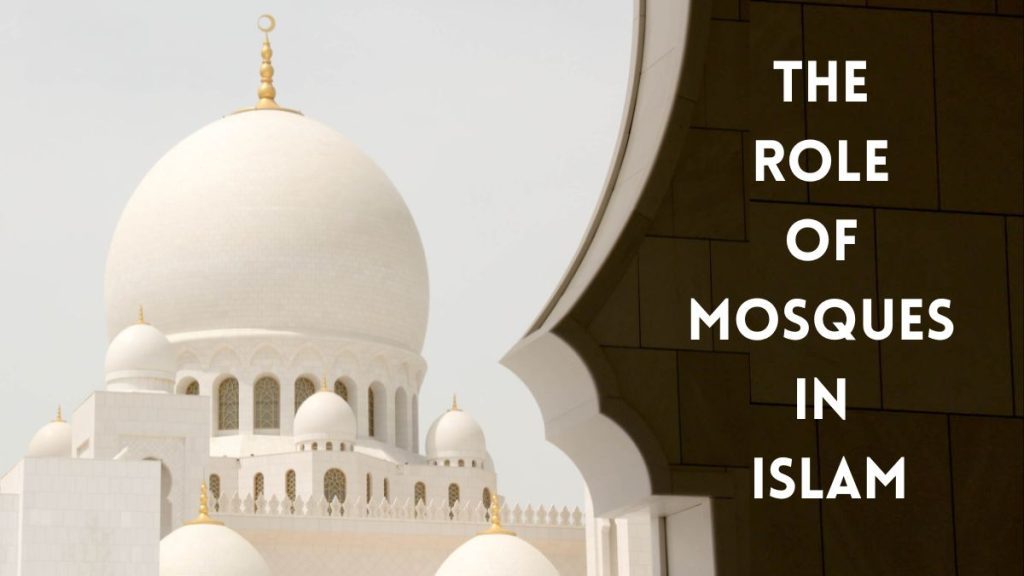
Related Article: Islam And Modernity: Bridging Tradition and Progress
You may also read: The Role of Imam in Islam: Guiding Faith and Community
Historical Significance
The historical significance of mosques in Islam is profound. They are not just places of worship. Mosques have been centers for learning and community gatherings. The role of mosques in Islam has evolved over centuries, reflecting the growth of the Muslim community.
Early Islamic Era
In the early Islamic era, mosques were simple structures. The first mosque, Masjid al-Quba, was built by Prophet Muhammad. It was a modest building made of mud bricks. The Prophet’s Mosque in Medina followed, which became the model for future mosques.
Mosques served multiple purposes. They were places for prayer, education, and community meetings. People gathered to learn about Islam, discuss community issues, and seek guidance. The early mosques were vital in spreading Islamic teachings.
Evolution Over Time
Over time, mosques evolved in design and function. They became more architecturally elaborate. Dome structures and minarets were introduced. These features became symbols of Islamic architecture.
Mosques also expanded their roles. They became centers for social welfare, providing aid to the needy. Many mosques established libraries and schools. They became hubs of intellectual activity and cultural preservation.
| Era | Key Features | Functions |
|---|---|---|
| Early Islamic Era | Simple, Mud Brick Structures | Prayer, Education, Community Meetings |
| Later Periods | Domes, Minarets, Elaborate Architecture | Social Welfare, Education, Cultural Hubs |
The historical significance of mosques is evident in their evolution. They have adapted to meet the needs of the Muslim community. From simple structures to grand architectural marvels, mosques remain central to Islamic life.
Spiritual Practices
Mosques play a vital role in Islamic spiritual practices. They are not just places of worship but also hubs for community gatherings, education, and spiritual growth. Here, we explore the key spiritual practices that take place in mosques.
Daily Prayers
Muslims gather in mosques for daily prayers, known as Salah. These prayers occur five times a day, aligning with the positions of the sun. Each prayer session includes specific postures and recitations from the Quran.
- Fajr – Before dawn
- Dhuhr – Midday
- Asr – Afternoon
- Maghrib – After sunset
- Isha – Night
Praying in congregation at the mosque strengthens community bonds. The Imam leads the prayer, ensuring proper conduct and recitation.
Friday Sermons
Every Friday, Muslims attend a special congregational prayer called Jumu’ah. It includes a sermon or Khutbah, which offers guidance on various aspects of life.
| Aspect | Details |
|---|---|
| Spiritual | Encourages faith and devotion |
| Social | Addresses community issues |
| Moral | Teaches ethical behavior |
The Khutbah is delivered in two parts, with a short pause in between. The first part focuses on spiritual and religious matters. The second part often addresses current events or community needs. Attendance at the Friday prayer is obligatory for Muslim men, reinforcing the sense of community and shared faith.
Related Article: Peace in Islam: Understanding its Amazing Transformational Power

Credit: muslim.sg
Related Article: The Power of Islam: Unleashing its Transformational Potential
You may also read: Islamic Finance: Unlocking Ethical Investment Opportunities
Educational Role
The educational role of mosques in Islam is profound and multifaceted. Mosques serve as centers for both religious education and community workshops. These activities nurture the spiritual and intellectual growth of the Muslim community.
Religious Education
Mosques are pivotal in providing religious education. They offer classes on the Quran, Hadith, and Islamic jurisprudence. Children and adults attend these classes to deepen their understanding of Islam.
Imams and scholars lead these educational sessions. They explain complex religious concepts in simple terms. This helps everyone, including young children, grasp the teachings of Islam.
Here is a table summarizing the key components of religious education in mosques:
| Component | Description |
|---|---|
| Quranic Studies | Learning to read, recite, and understand the Quran |
| Hadith Lessons | Understanding the sayings and actions of Prophet Muhammad |
| Islamic Jurisprudence | Learning the laws and ethics of Islam |
Community Workshops
Mosques also host community workshops that address various topics. These workshops cater to the needs of the community and promote social cohesion.
Workshops often cover practical life skills and social issues. Topics include family counseling, financial planning, and health awareness.
Below is an unordered list of common community workshop topics:
- Family Counseling
- Financial Planning
- Health Awareness
- Career Development
- Conflict Resolution
Workshops are usually interactive, allowing participants to ask questions and share experiences. This interactive format ensures that the sessions are engaging and informative.
Social Services
Mosques play a vital role in providing social services within the Muslim community. They go beyond being places of worship. They offer a wide range of services that support the well-being of the community. Let’s explore some of these essential services.
Charitable Activities
Mosques engage in numerous charitable activities to help those in need. They organize regular donation drives. These drives collect food, clothing, and other essentials. Here are some key charitable activities:
- Food distribution: Mosques distribute food to families in need.
- Clothing drives: They collect and distribute clothes to the less fortunate.
- Zakat: This is a form of almsgiving, one of the Five Pillars of Islam.
Support Networks
Support networks within mosques provide critical assistance to community members. These networks offer emotional and social support. Some common support services include:
- Counseling services: Mosques offer marital and family counseling.
- Educational programs: They provide classes and workshops on various topics.
- Employment assistance: Mosques help people find job opportunities.
| Service Type | Description |
|---|---|
| Food Distribution | Provide essential food items to families in need. |
| Counseling Services | Offer emotional support and guidance. |
| Educational Programs | Conduct classes and workshops for community members. |
| Employment Assistance | Help individuals find job opportunities. |
Related Article: What Makes Islam Unique: Insights & Distinctions
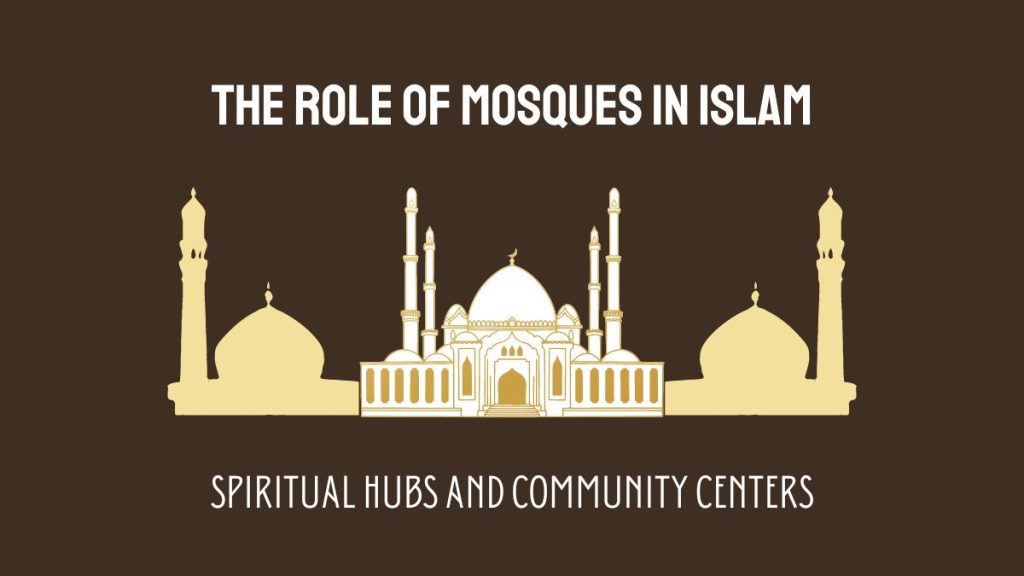
Related Article: Unlocking the Power of Ummah Significance
Cultural And Interfaith Engagement
Mosques play a vital role in fostering cultural and interfaith engagement. They serve as places of worship and community centers. Mosques bring people together for various cultural and religious activities.
Cultural Celebrations
Mosques host numerous cultural celebrations throughout the year. These events include religious festivals, community gatherings, and educational programs.
- Eid al-Fitr: Celebrated at the end of Ramadan.
- Eid al-Adha: Marks the end of Hajj pilgrimage.
- Mawlid al-Nabi: Celebrates the birth of Prophet Muhammad.
These celebrations promote cultural understanding and unity. They provide an opportunity for the community to learn and celebrate together.
Interfaith Dialogues
Mosques often organize interfaith dialogues. These events bring together people of different faiths. The aim is to foster mutual respect and understanding.
| Event | Purpose |
|---|---|
| Panel Discussions | Exploring common beliefs and values. |
| Workshops | Learning about different religious practices. |
| Community Service Projects | Collaborating on social causes. |
These dialogues help build bridges between different communities. They encourage peace and harmony. Mosques thus become hubs for cultural and interfaith engagement.
Related Article: Unlocking the Power of Ummah Significance

Credit: www.britannica.com
Related Article: How Does Islam Affect Daily Life: Unveiling the Impact
Conclusion
Mosques play a vital role in the spiritual and social lives of Muslims. They serve as places of worship, education, and community bonding. Understanding their significance helps in appreciating the rich cultural and religious heritage of Islam. By supporting local mosques, we contribute to a more inclusive and united society.
Related Article: Islamic Lifestyle Essentials: Nurturing Faith & Well-being
Related Article: The Five Pillars of Islam: A Comprehensive Guide

